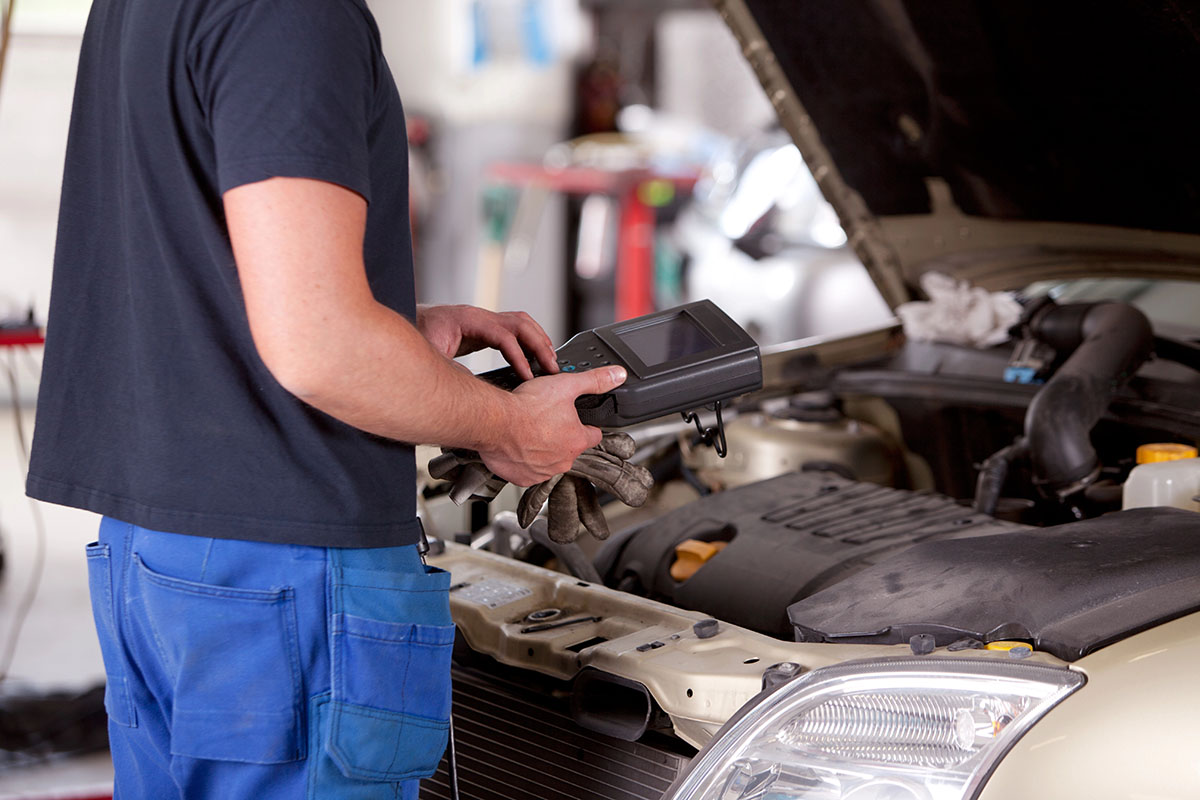With hot weather always looming around the corner here in Texas, these cooler months are the best time to proactively be aware of your car’s possibility to overheat and reach more than 190 degrees. Once the Texas summer heat sets in, it is imperative to ensure that your car engine stays as cool as possible.
Although a vehicle’s cooling system is able to control any instances of overheating, you still need to understand that cooling systems fail. If this happens, then you can expect to see steam spewing from the engine as you see the needle rises on the temperature gauge. If overheating occurs, it is mainly due to a malfunction in the engine’s cooling system and could involve the coolant, thermostat, hoses, radiator, water pump, or a combination of these.
While driving, you need to know what to do if your vehicle overheats and the steps to take.
Crank Your Heat
If you look down and notice the temperature gauge rising, then cranking your heat all the way is the first step. It will keep your engine cool manually by helping to eliminate some of the engine compartment’s heat.
Get Your Car off The Road
It is never a good idea to keep driving while your engine is overheating. Not only can it cause damage, but the damage can be debilitating to the engine. To decrease any chance for damage, you should get your car off the road in a hurry. After getting off the road, make sure to kill the engine.
Lift your Car Hood Open
After you’ve turned your car off, get out and lift your car hood so that the trapped heat can escape and begin to cool down. Make sure to stay away so that you don’t get sprayed by any hot liquid that may be spewing from pressure.
Check for any Drips or Leaks
You don’t need to be mechanically inclined to know what to look for if your engine overheats. Just checking for any drips or leaks is a good way to pinpoint an issue in situations like this.
Top Off the Coolant
With no leak or drip present, your coolant may need to be refilled or toped-off. This is when it becomes important to always have a kit of essential items in your vehicle, including spare coolant. Simply remove the radiator cap after cooling and top it off. Ensure that the reserve tank is also full and refill if below the minimum amount.
Realize when a Mechanic and Tow Truck Are Needed
Even if your car may have had a minor issue with the coolant, it is important to monitor the temperature gauge in case it begins to overheat again. If it begins to rise again, then you need to get it to the nearest mechanic so that they can conduct a more thorough inspection of the cooling system. If the vehicle cannot be operated without overheating, then it becomes necessary to call a tow truck to safely take the vehicle to the nearest auto repair shop.
Take Measures to Prevent Overheating
Whether it’s packing up the car for a long trip or heading to the office, the best course of action is to always take a few steps into consideration so that you can prevent overheating from occurring in the first place.
- Ensure the coolant is fresh and full
- Ensure that all belts look good
- Clear any debris around the radiator and A/C condenser that could cause clogging
- Check the cap to your radiator and ensure that the spring is strong. If not, then it may not maintain the pressure needed to prevent leaks and thus overheating may occur.
Lastly, it is always a good idea to maintain a proper maintenance schedule with your local repair shop. This will keep your vehicle in the best running condition so that you can enjoy your drive with no worries.
Know Who to Call if You Need a Tow Truck
Just as it’s important to know a good mechanic or auto shop that you can work with, it’s equally as important to know a good towing company you can count on in the event your vehicle is unable to be driven. If you ever need a tow truck in the Tyler Texas area, call the professionals at Hi-Way towing. No matter the time of day, we’ll be there to help get your vehicle safely to the nearest auto shop.


